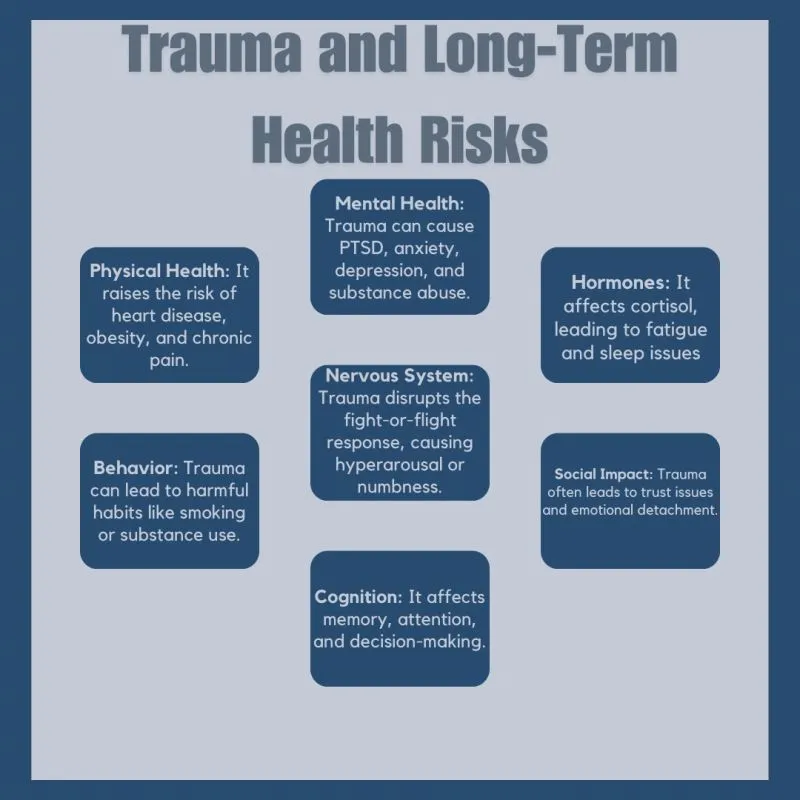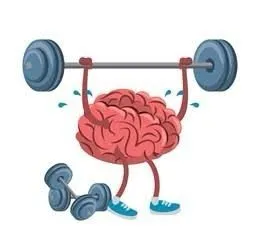Average screen time has reached 7 hours daily, rewiring our brains for constant stimulation. Research shows digital overload reduces focus by 40% and increases anxiety by 70%. Discover what constant connectivity does to your brain and why strategic digital detoxing can restore mental clarity, improve sleep, and rebuild your ability to think deeply.
The Hidden Cost of Our Always-On Culture
We live in a world that never stops scrolling, where the average person checks their phone 96 times daily and spends over 7 hours looking at screens. What we're experiencing isn't just digital fatigue—it's a fundamental rewiring of how our brains process information, handle attention, and find peace. Research from the University of California, Irvine reveals that constant digital interruptions reduce our cognitive capacity by up to 40%, while studies show that heavy screen users experience 70% higher rates of anxiety and depression. At LissnUp, we understand that our relationship with technology directly impacts our ability to be present with ourselves and others, affecting not just our productivity but our emotional wellbeing and capacity for genuine connection.
What Constant Digital Stimulation Does to Your Brain
The Dopamine Hijacking Effect
Every notification, like, and new piece of content triggers a small dopamine release in your brain's reward system. Dr. Anna Lembke's research at Stanford shows that constant digital stimulation creates a dopamine deficit state, where your brain requires increasingly stronger stimuli to feel satisfied. This is why scrolling for hours can leave you feeling empty and restless—your brain's natural reward system has been hijacked by artificial triggers designed to keep you engaged.
Attention Residue and Cognitive Overload
Neuroscientist Dr. Sophie Leroy discovered that when we switch between digital tasks, part of our attention remains stuck on the previous activity—called 'attention residue.' MIT research shows that people who multitask with digital devices experience a 50% reduction in learning efficiency and a 25% increase in the time needed to complete tasks. Your brain literally can't keep up with the constant task-switching that digital life demands.
The Loss of Deep Thinking Capacity
Constant digital input rewires your brain for quick, surface-level processing rather than deep, sustained thought. UCLA studies reveal that heavy internet users show reduced gray matter in areas responsible for cognitive control and emotional regulation. This means you literally lose the ability to think deeply, focus for extended periods, and process complex emotions—skills essential for mental health and meaningful relationships.
Recognizing Digital Overload: When Your Brain Needs a Break
Digital overload manifests in subtle but significant ways that many people dismiss as normal modern life stress. You might find yourself rereading the same paragraph multiple times, feeling mentally exhausted after 'relaxing' on your phone, or struggling to have deep conversations. Harvard Medical School research identifies key warning signs: difficulty concentrating for more than 10 minutes, phantom vibration syndrome (feeling your phone buzz when it hasn't), sleep disruption from blue light exposure, and what researchers call 'continuous partial attention'—never being fully present in any single moment. These aren't character flaws; they're predictable responses to an environment that overwhelms your brain's natural processing capabilities.
The Science of Digital Detox: How Your Brain Heals
Neuroplasticity and Recovery
The good news is that your brain can heal from digital overload through neuroplasticity—its ability to rewire itself. Research from the University of Washington shows that people who take regular digital breaks experience measurable improvements in focus within just one week. After 30 days of reduced screen time, brain scans reveal increased activity in areas responsible for sustained attention and emotional regulation.
Restoring Natural Dopamine Balance
When you step away from digital stimulation, your brain begins producing dopamine naturally again through simple activities like walking, reading, or having conversations. Dr. Lembke's studies show that dopamine receptors start resensitizing within 48-72 hours of reduced digital input, meaning you can literally retrain your brain to find satisfaction in non-digital experiences.
Sleep and Emotional Regulation Recovery
Digital detox dramatically improves sleep quality and emotional stability. Research from Harvard Sleep Medicine shows that removing screens 2 hours before bed increases deep sleep by 23% and reduces next-day anxiety by 18%. Better sleep directly improves your ability to handle stress and maintain emotional balance throughout the day.
Practical Digital Detox Strategies That Actually Work
Start with Micro-Detoxes
Begin with short, manageable periods offline rather than dramatic digital elimination. Research shows that even 20-minute phone-free periods can reduce cortisol levels and improve focus. Try keeping your phone in another room during meals, creating a 1-hour morning routine without screens, or implementing 'digital sunset' 2 hours before bed. These small changes create meaningful neurological shifts without feeling overwhelming.
Create Physical Barriers
Make digital access slightly less convenient to break automatic habits. Keep your phone charger in another room, log out of social media apps after each use, or use website blockers during focused work time. MIT behavioral studies show that adding just one extra step to access digital content reduces usage by 12% on average—your brain appreciates the pause to make conscious choices.
Replace Digital Habits with Analog Activities
The goal isn't just to remove digital input but to give your brain healthy alternatives. Research from the American Psychological Association shows that activities like reading physical books, walking in nature, or having face-to-face conversations activate different neural pathways than digital consumption, helping restore your brain's natural processing patterns and emotional regulation capabilities.
Beyond Individual Benefits: Digital Detox and Relationships
Digital overload doesn't just affect your brain—it impacts your ability to connect with others. Studies from the University of Virginia show that the mere presence of a phone during conversation reduces empathy and emotional connection by 37%. When you're constantly managing digital input, you lose capacity for the deep, attentive listening that builds meaningful relationships.
Empathetic listening requires mental space and emotional availability that digital overload systematically erodes. Regular digital detox restores your ability to be fully present with others, creating space for the kind of authentic connection that truly supports mental health and emotional wellbeing.
Making Digital Detox Sustainable: It's About Balance, Not Elimination
Effective digital detox isn't about rejecting technology entirely—it's about using it intentionally rather than being used by it. Stanford's Human-Computer Interaction lab research shows that people who approach digital wellness as 'conscious consumption' rather than elimination maintain healthier long-term relationships with technology. This means asking questions like: Is this digital activity adding value to my life? Am I choosing to engage, or is the technology pulling me in? How do I feel before, during, and after screen time?
When your mind won't give you peace, often the first step is reducing the external noise that prevents your brain from finding its natural rhythm. Creating regular tech-free spaces in your day isn't about deprivation—it's about giving your brain the conditions it needs to function optimally and supporting your overall mental wellness.





